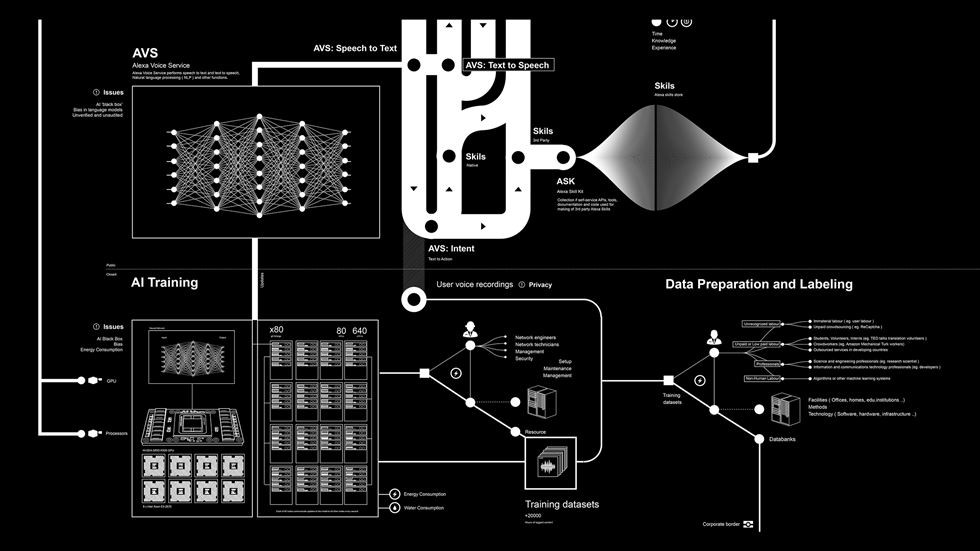
In an unprecedented shift that could fundamentally alter American democracy, a quiet revolution is unfolding not through military force, but through the systematic automation of government functions under the banner of artificial intelligence.
At the center of this transformation is the Department of Government Efficiency (DOGE), led by tech mogul Elon Musk, which aims to replace human decision-making in federal agencies with AI systems. While pitched as a solution to "government waste," critics warn this represents an attempt to bypass Congressional oversight and democratic processes.
The Key Players
Musk's DOGE has already attempted to seize control of Treasury Department systems and effectively dismantled USAID. A team of young operatives, some as young as 19, have been dispatched to various government agencies to take control of computer networks, often without proper identification or stated purpose.
Thomas Shedd, former Tesla engineer now directing the GSA's Technology Transformation Services, advocates for a "centralized data repository" despite legal concerns around data privacy. The administration's AI initiatives are being shaped by venture capitalist David Sacks as AI czar, alongside Project 2025 architect Russell Vought at the Office of Management and Budget.
The Strategy
The plan appears to unfold in several phases:
- Discredit civil service workers and academic institutions
- Deploy AI systems to replace human decision-makers
- Create technical dependencies that are difficult to reverse
- Concentrate power with those who control these systems
While the AI systems may ultimately fail at governance tasks, this failure could serve the architects' purposes by creating an "IT crisis" that only Silicon Valley can resolve.
The Real Threat
Rather than AI itself posing the primary danger, the true threat lies in how it's being weaponized to displace democratic processes. By framing governance as merely a technical problem to be solved, proponents seek to sidestep political debate and accountability.
The administration's reported blacklisting of research terms related to AI bias and diversity suggests an attempt to prevent scrutiny of these systems' fairness and impacts.
Democratic Safeguards
The success of this technological coup relies on public passivity and congressional inaction. However, experts emphasize that democratic participation and representation aren't "inefficiencies" to be optimized away.
The key question isn't whether AI can be trusted, but who controls these systems and to what ends. As this transformation accelerates, maintaining human oversight and democratic processes in government operations becomes increasingly critical.
This story is still unfolding, but its outcome may determine whether American democracy continues to be shaped by its citizens or becomes subject to algorithmic control.